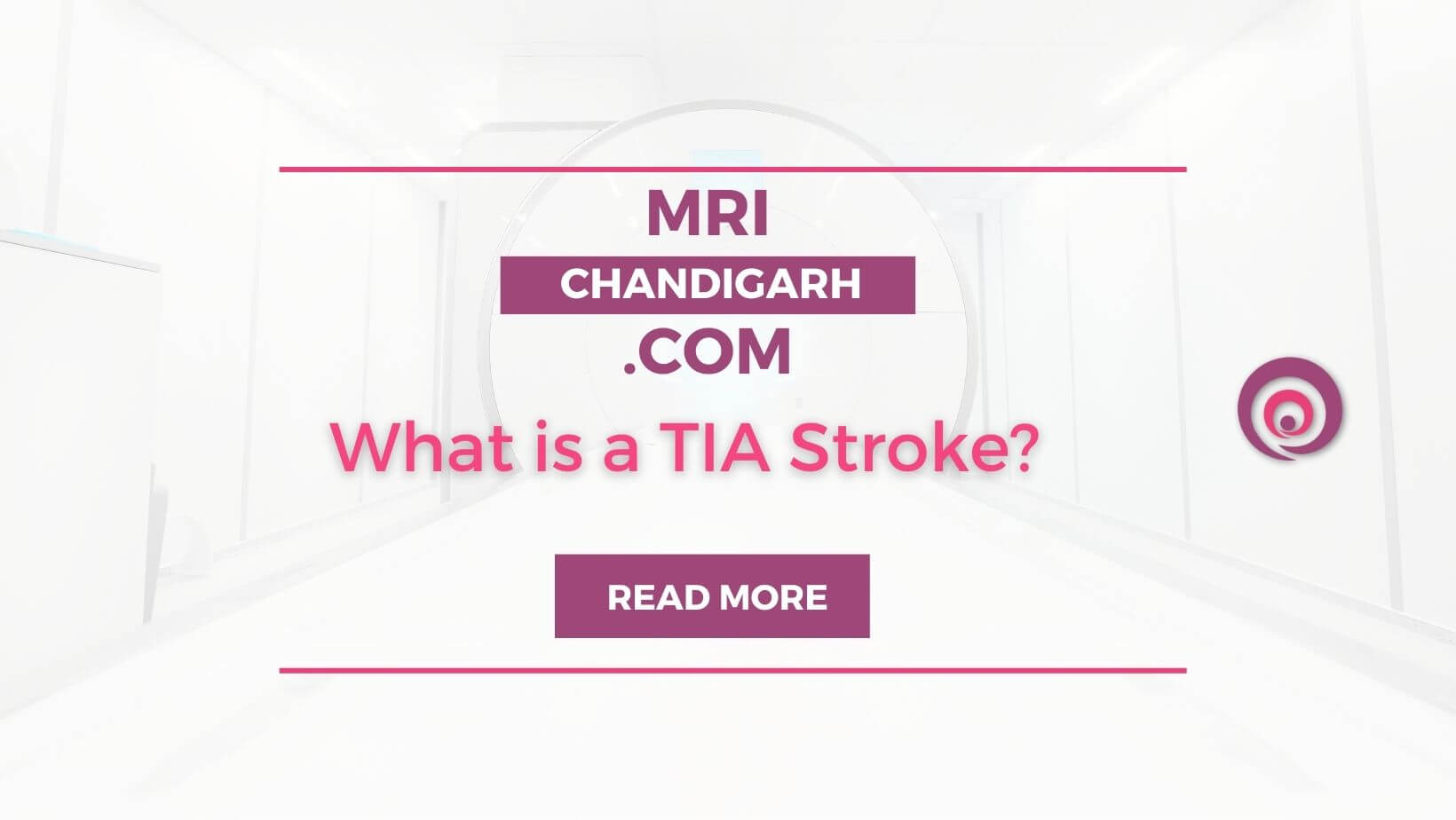What is a TIA Stroke?
A TIA stroke, also known as a transient ischemic attack or a mini-stroke, is a neurological event that produces stroke-like symptoms but lasts for only a short period of time, typically a few minutes to a few hours.
During a TIA, there is a temporary disruption of blood flow to a part of the brain, which can cause symptoms such as sudden weakness or numbness on one side of the body, slurred speech, blurred vision, and difficulty walking or balancing.
Unlike a full-blown stroke, a TIA does not cause permanent brain damage or disability, but it can be a warning sign of an increased risk for a future stroke. It is important to seek medical attention immediately if you experience symptoms of a TIA, as prompt treatment can help reduce the risk of a future stroke.
Importance of Understanding TIA Stroke
Understanding TIA stroke is important for several reasons:
- Early Recognition: Recognizing the symptoms of a TIA and seeking prompt medical attention can help prevent a full-blown stroke. A TIA can be a warning sign that a stroke may occur in the future, and early treatment can help reduce the risk of a future stroke.
- Diagnosis and Treatment: A correct diagnosis of a TIA is critical to receiving appropriate treatment. Treatment may include medication to reduce the risk of blood clots, lifestyle changes, or surgery to remove plaque build-up in the arteries.
- Education: Understanding TIA stroke can help individuals and their families better understand the condition and its potential risks. This knowledge can help individuals make informed decisions about their health, lifestyle, and treatment options.
- Prevention: Knowing the risk factors for TIA and stroke, such as high blood pressure, smoking, and diabetes, can help individuals take steps to reduce their risk of developing these conditions.
How does TIA Stroke Differ from a Regular Stroke?
TIA stroke and regular stroke differ in several ways:
- Duration of Symptoms: The most significant difference between TIA stroke and a regular stroke is the duration of symptoms. TIA symptoms typically last for a few minutes to a few hours, while a regular stroke’s symptoms last for more than 24 hours, often permanently.
- Severity: TIA stroke is considered a milder form of stroke because it does not cause permanent brain damage or disability. In contrast, a regular stroke can result in long-term disability, paralysis, or even death.
- Medical Emergency: A regular stroke is a medical emergency that requires immediate attention, while a TIA stroke is not considered an emergency. However, a TIA can be a warning sign of an increased risk for a future stroke, and prompt medical attention is still essential.
- Imaging: Diagnosis of a regular stroke usually requires imaging tests, such as a CT scan or MRI, to confirm the location and extent of the brain damage. In contrast, a TIA diagnosis may rely on symptoms and physical examination alone.
TIA stroke differs from a regular stroke in terms of the duration and severity of symptoms, the level of a medical emergency, and the diagnostic approach. However, both conditions require medical attention, and early treatment can help reduce the risk of future strokes.
Symptoms of TIA Stroke
The symptoms of TIA stroke are similar to those of a regular stroke, but they are usually milder and more short-lived. The symptoms may include:
- Sudden weakness or numbness on one side of the body, face, or limb
- Slurred or garbled speech, difficulty speaking or understanding speech
- Sudden loss of vision in one or both eyes, blurred or double vision
- Sudden and severe headache, dizziness, or loss of balance
- Confusion or disorientation
- Difficulty walking or loss of coordination
- Difficulty swallowing
The symptoms of a TIA stroke usually appear suddenly and last for a few minutes to a few hours, but they can disappear quickly without leaving any permanent damage. It is essential to seek immediate medical attention if you experience any of these symptoms, as they may be a warning sign of a future stroke. Remember that “time is the brain,” and prompt treatment can help prevent permanent brain damage and reduce the risk of a future stroke.
Does a TIA show up on an MRI scan?
A TIA, or transient ischemic attack, may not show up on a routine MRI scan. MRI scans can detect structural abnormalities, such as brain tumors or hemorrhages, but TIAs do not typically cause permanent structural changes in the brain.
However, a specialized MRI called a diffusion-weighted MRI (DWI-MRI) can detect changes in brain tissue that may indicate a recent TIA. DWI-MRI uses a sensitive imaging technique that can detect areas of restricted blood flow, which is a sign of brain tissue damage. These changes can show up on a DWI-MRI scan within hours of a TIA.
Additionally, other diagnostic tests may be used to detect a TIA, including a CT scan, carotid ultrasound, and electroencephalogram (EEG). It is essential to seek medical attention if you experience symptoms of a TIA, as prompt diagnosis and treatment can help reduce the risk of a future stroke.

Comments